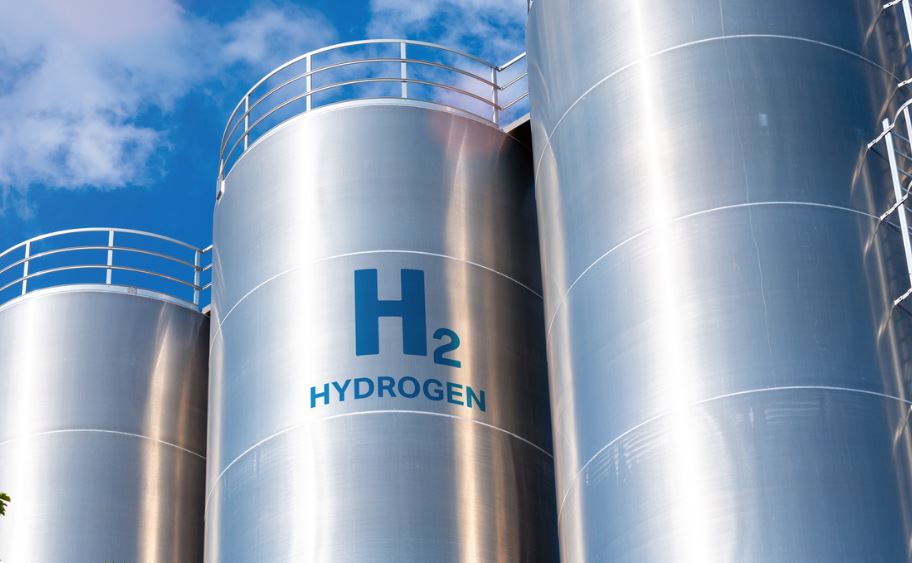Italian gas technology firm ErreDue has finalized a €3.2 million contract with Dutch company Groengas Asset BV for the supply of three hydrogen production plants totaling 2.5 MW.
The agreement includes two 1 MW units and one 0.5 MW unit, all scheduled for commissioning by March 2026. Upon deployment, Groengas will bring its total installed electrolyzer capacity to 4.5 MW, building on an operational trajectory that began with a modest 0.5 MW unit in 2017 and expanded to 1.5 MW soon after. The new plants will be located across two sites—Amsterdam and Groningen—and are powered entirely by renewable electricity.
Groengas’ modular scaling approach reflects broader trends across the EU, where distributed hydrogen production near consumption points—particularly in transport—is emerging as a viable strategy for cost control and supply reliability. According to the International Energy Agency (IEA), transport remains one of the most difficult sectors to decarbonize, accounting for roughly 24% of direct CO₂ emissions from fuel combustion globally. Within that, heavy-duty road transport is the most emissions-intensive segment, and green hydrogen is one of the few viable long-term alternatives to diesel.
The three plants will feature containerized electrolyzer systems with external cooling and integrated nitrogen generation, a standard configuration that balances efficiency with ease of deployment. ErreDue claims the systems will collectively produce more than 500 tonnes of hydrogen per year at 30 bar pressure—enough to support several hydrogen refueling stations targeting heavy-duty vehicle fleets.
While modest in scale by global standards, the project aligns closely with the goals of the European Commission’s Hydrogen Valley initiative, which seeks to demonstrate integrated hydrogen value chains across sectors and regions. In this context, Groengas’ expansion could serve as a reference case for hydrogen mobility in low-emissions logistics hubs.
The use of renewables for all production sites reinforces the project’s green credentials, a necessary prerequisite to qualify for EU subsidies under the Renewable Energy Directive (RED II) and to meet the criteria for renewable fuels of non-biological origin (RFNBOs). However, such projects are not without technical risk. Pressurized hydrogen production at 30 bar is relatively low for storage and distribution compared to compressed gas systems typically operating at 350–700 bar, potentially requiring additional compression steps downstream.
From a commercial standpoint, ErreDue’s continued relationship with Groengas also reflects an ongoing trend: companies scaling hydrogen projects are increasingly looking for long-term supplier partnerships over fragmented procurement. Groengas’ consistent reliance on ErreDue since 2017 suggests confidence not just in technology delivery, but in system reliability—a critical consideration given the operational demands of refueling logistics vehicles.
Stay updated on the latest in energy! Follow us on LinkedIn, Facebook, and X for real-time news and insights. Don’t miss out on exclusive interviews and webinars—subscribe to our YouTube channel today! Join our community and be part of the conversation shaping the future of energy.
